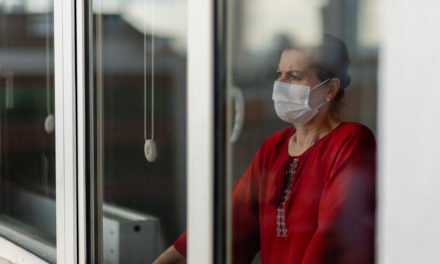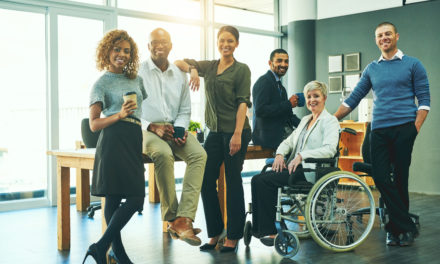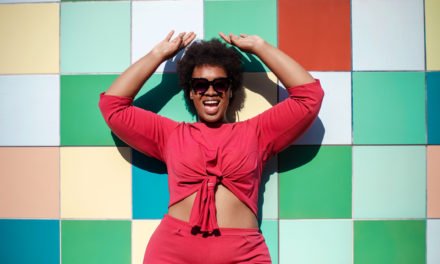
I have written before about the vital role that culture plays in shaping our unconscious biases: that unconscious biases are shaped by the naturally selective (biased) process of our brains, but our brains must make sense of the biased bits of information of our world (our culture). The problem is that the world does not always present us with the whole picture, or the fair picture, for our minds to process. But it’s also important to realize that our experience of the world—through culture— equally shapes us in positive ways as much as negative ones. Because the word “bias” carries with it negative connotations, we must make efforts to point out the important ways that our cultures have shaped us for the better as we look to correct the ways it has shaped us for the worse.
As I write this, I have a fairly wide diverse network of friends, family, and mentors who vary across race, ethnicity, sexuality, and culture. But it wasn’t always this way. I grew up in predominantly white, southern, middle class neighborhoods and schools and my networks looked very much the same (my high school was 3% Black and Latino). So I’m often asked by people, “when did you get this way?” Or “when did things change?” (In the South, having a diverse network still “sticks out” for many people as rare.)
The answer is: my culture began to change. Sure, I have tried to continuously become a more accepting, loving, and open person but that is not enough to change one’s social network. Traveling to other cultures by plane (or car, train, bike), traveling to other worlds through books, and being proactive to seek new experiences and relationships started the process of change. And the organic ways that social networks spread has continued it: as my “outside” culture changed, my inside orientation followed. And a more rich and diverse network of beautiful people around me was the result.
To bring this back to unconscious bias, I have been thinking a lot lately about the unseen, subtle ways the culture of my past has shaped me positively in the present. I was reminded recently of a childhood memory of visiting my mom for “Bring Your Child to Work Day”. As a 6 or 7 year old, I can still remember being excited to go and see one of my mom’s favorite co-workers, Harry. Harry was a 6’5, heavy set, African American male whose sweet spirit never seemed to tire of giving me high fives and asking me about my toys. It’s been more than 20 years since I’ve seen Harry, and almost as long since I’ve reminisced about those early encounters. But as I’ve recently reflected on unconscious bias, I can’t help but think that even in those early encounters of my childhood that interacting with heroes like Harry had an impact on shattering future stereotypes that could have formed in my mind about black males. Unlike other white children I grew up with who’s only exposure to non-whites was through damaging stereotypes from media, religion, or their families, I was fortunate to have a broader cultural exposure through my mom’s diverse network (Thanks Mom!).
I recently reached out to Harry in an email, thanking him for being an early hero of mine and playing a role in my life that impacted me in ways I may never fully realize. He was excited to hear about my work in diversity and inclusion and was eager to share some of his experiences as a black male in organizations that he couldn’t share with me as a 6 year old. Here is short bit of what he shared:
I originally had a beard when I started. I had to shave to be accepted. I then had to buy a new car, which I could not afford, for further acceptance, not to mention the blue/gray suits which I also could not afford. My starting salary was only 13k per year. It did not matter, I was called on the carpet for not being professional. I locked my Manager out of his office, while I wrote my response to his accusations. He still dropped my rating, and his sole reason was to intimidate me, and impress his friends. This was in West Virginia. He (Mgr) later called me when I was in North Carolina and apologized for his actions. I moved from WV to Cincinnati Oh, and was called “Sparky” because of my light skin. Luckily I only had to endure this for one year. I was transferred to Charlotte.
As a child (white and middle class) I was largely still oblivious to the inequalities of the world. At the time, I just knew Harry was a fun-loving guy who made my trips to mom’s work fun and exciting. And in some small way, I’m confident that his presence (and many others) helped to fend off other hurtful stereotypes that could have crept in. I’m thankful that Harry took time out of his day to brighten the days of an annoying child (this is an understatement) interrupting his work. He used his experience of his culture to positively shape mine. And because of his presence I’m sure I have more positive unconscious biases than I might have had otherwise.


















